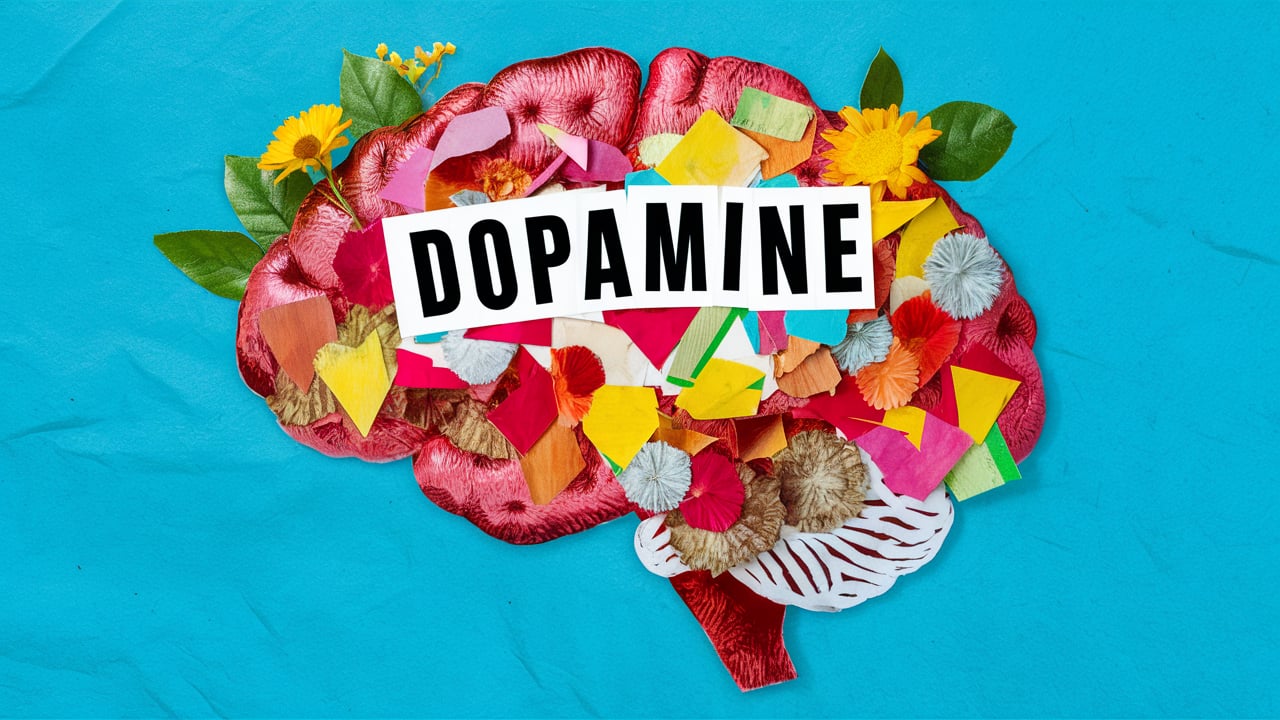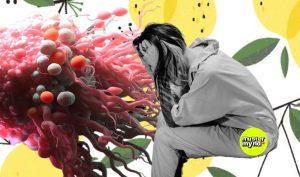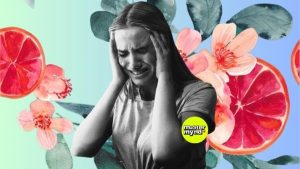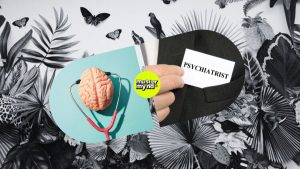I want to name them but I am saving their medical career. This might sound pompous but I believe my argument will prove my grounded theory. Long story short, this article is my defense against misspropriation of dopamine in social media addiction.
Disclaimer: Pretty much whatever I tell you is still a conjecture as we try to understand how the brain works: Savitr Sastri, Neurosurgeon, India
So, I believe that dopamine release has been dangerously oversimplified. It happens when we do not understand what constitutes an emotion.
Visually, emotions are not flat lines. It is not an upward or downward graph or normally distributed. Graphically, an emotion is very unpredictable. Think of the variations in anger. Some people fume inside, some inflict self-torture, some go quiet and some, mild to extreme, become violent towards others. It is a singular emotion of anger but with so many variations that a person goes through, not known at which variation they will settle and for how long, and when will they retreat.
Now, dopamine is the alleged neurotransmitter for social media addiction, and I contest the idea as a dangerous misappropriation, because if we come to diagnose addiction for a particular neurotransmitter, most likely, it would translate to manipulating the neurotransmitter to control the addiction, which MAY end up in an adverse situation.
My hypothesis is that dopamine is only partly involved; in reality, in accepting that neural research has advanced only as far as neural exploration has been sought, and neural exploration, albeit Neuralink, has not been explored as much as space exploration.
With all the conjectures around the brain, many published brain literatures, and pseudoneural information, it is only logical for me to consider the influence and participation of about hundreds of small molecule neurotransmitters and peptides.
Now, let’s say I am a social media addict. Unlike alcohol, social media is not limited to known reactions. Short-term effects of alcohol are slurred speech, a sense of euphoria or giddiness, and feeling relaxed. All these are physical and gradually become psychological.
In this context, social media addiction has a range of impacts because people use social media for various purposes. For example, one person may use their phone for over 8 hours daily but consuming TED talks, listening to related arguments, fights, lectures by thinkers, etc. Is this person releasing only dopamine? Is it just the reward pathway that is active in the whole brain? Now this is easy to understand.
Let’s say someone uses social media for fun and watches cringe content the whole day, then we have to question what cringe is, which for me is not just weird dance moves and exhibitionism but also poor articulation of intellect and knowledge by people considered the biggest influencers of the intellectual society.
Ok, let me come back to the person watching cringe. How long is too long to be pathologized as social media addiction? Is this as detrimental as the consumption of alcohol and other substances? In a society where loneliness is a pandemic, is it really a detrimental addiction for people to be in a virtual world?
And coming back to dopamine, what is the person addicted to? Is addiction a format problem or content problem? If format, we know the chemical composition of alcohol that gives most giddiness; can we hold it true for a particular format? If content is the problem, what content should they avoid to not get addicted? Have we labeled all these?
If you watch sad videos throughout the day by Popat Bhai, you don’t get dopamine alone, because contemplation is not a dopamine thing as per popular belief, right?
So, 1. We have only poorly understood social media addiction.
2. Social media addiction is not a one-stop chemical composition that shoots ONLY dopamine.
3. Social media usage triggers more than neurotransmitters based on the exact consumption.
I would be happy to discuss further should you need to talk about this for your research. You can connect with me on Linkedin.




